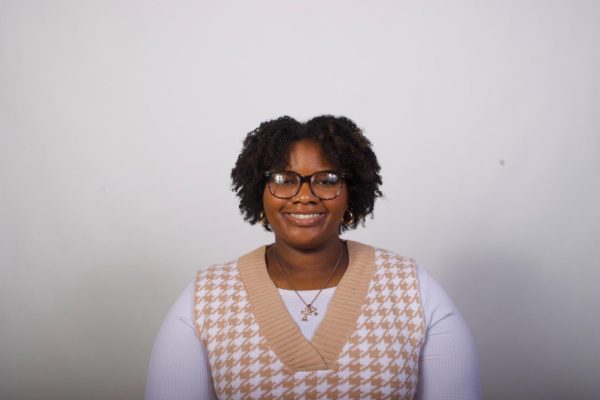Change DARE curriculum to actually help students
February 21, 2019
If you have gone to grade school in the past 30 to 40 years, you more then likely graduated from the Drug Abuse Resistance Education (DARE) Program.
I vaguely remember DARE when I was in grade school. A local police officer came in and taught students how to not succumb to peer pressure and not use drugs and alcohol.
However, does this program or even drug education as a whole work?
When I started the research for this column, I was curious to see if there are any accurate studies out there to explain the success or failure rate of the DARE program, and there have been studies done by people from a number of fields.
Psychologist William Colson claimed in 1998 that children grew up being more curious about drug use because they were introduced to it at such a young age.
This is what a psychologist thinks of the program, but what about the Surgeon General?
In 2001, the Office of the Surgeon General wrote a report called “Youth Violence: A report of the Surgeon General” and it is stated that one school-based universal prevention program meets the criteria for “Does Not Work,” and that program was DARE.
The report said that DARE is the most widely implemented youth drug prevention program in the United States and it received substantial support from parents, teachers, police and government funding agencies.
It said the program’s popularity “persists despite numerous well-designed evaluations and meta-analyses that consistently show little or no deterrent effects on substance use.”
“Overall, evidence on the effects of the traditional DARE curriculum, which is implemented in grades 5 and 6, shows that children who participate are as likely to use drugs as those who do not participate,” according to the report.
Vice did a more personal account of the failures made by the DARE program.
They interviewed seven drug addicts and asked how DARE affected them when it came to their drug use and psychology.
An aspect of the DARE curriculum that is brought up from these first-hand accounts is the extremely narrow authority driven curriculum that does not translate what drug addiction actually is in a broader sense.
One of the sources in the Vice article named Madison said, “The mention of the disease of addiction was nonexistent. The fact that addiction is deadly to the body, mind, and spirit was overlooked. I was shown pictures of strung out teens who skipped school and stole from their mom’s purse or sister’s piggybank. I knew that would never be me—I was a high-functioning active drug-addict and alcoholic. It took me a long time to admit I had a problem simply because I had a bachelors in accounting from UD, a high-paying job, a nice house, and plenty of opportunity.”
Addiction is a lot more complicated then just saying no to peer pressure.
There are a number of reasons why a person would use drugs like depression, stress, mental illness, genetics and so on.
I along with many other people believe DARE does not work, but that does not mean drug education is a lost cause.
Reforming the curriculum in drug education can lead to tremendous results.
What DARE is doing is not a bad thing by any means; I just believe that it can be done better.
I am no expert in this field, so I am going to give what I feel might work from the perspective of a 23 year old college student who is a DARE graduate. Maybe introducing this program at a later age can be more effective.
Most students in 5th and 6th grade have not come into any contact with tobacco, drugs or alcohol, so they cannot relate at all to the curriculum presented.
Also, broadening the curriculum can be extremely effective. Talk about things such as disease, mental illnesses, genetics and the real life consequences of drug use.
Also talk about different types of addiction like functioning alcoholics or drug addicts, binge drinkers, occasional drug users and how addicts can effect their loved ones.
Also introducing ways to get help like drug rehab and alcoholic’s/ narcotic’s anonymous. Not just for the DARE program but for other types of drug use curriculum within the schools.
A reform in this type of education can bring the percentage of drug and alcohol users down, and it can decrease statistics.
Education seems to have worked for at least tobacco use. It is well documented that tobacco use is declining with each generation, so maybe this can work for other types of users.
Hopefully, the next generation of DARE graduates follow what they pledged to do at that graduation; to resist the urge of drug and alcohol use.
Jordan Boyer is a senior history major he can be reached at 581-2812 or at [email protected].















































